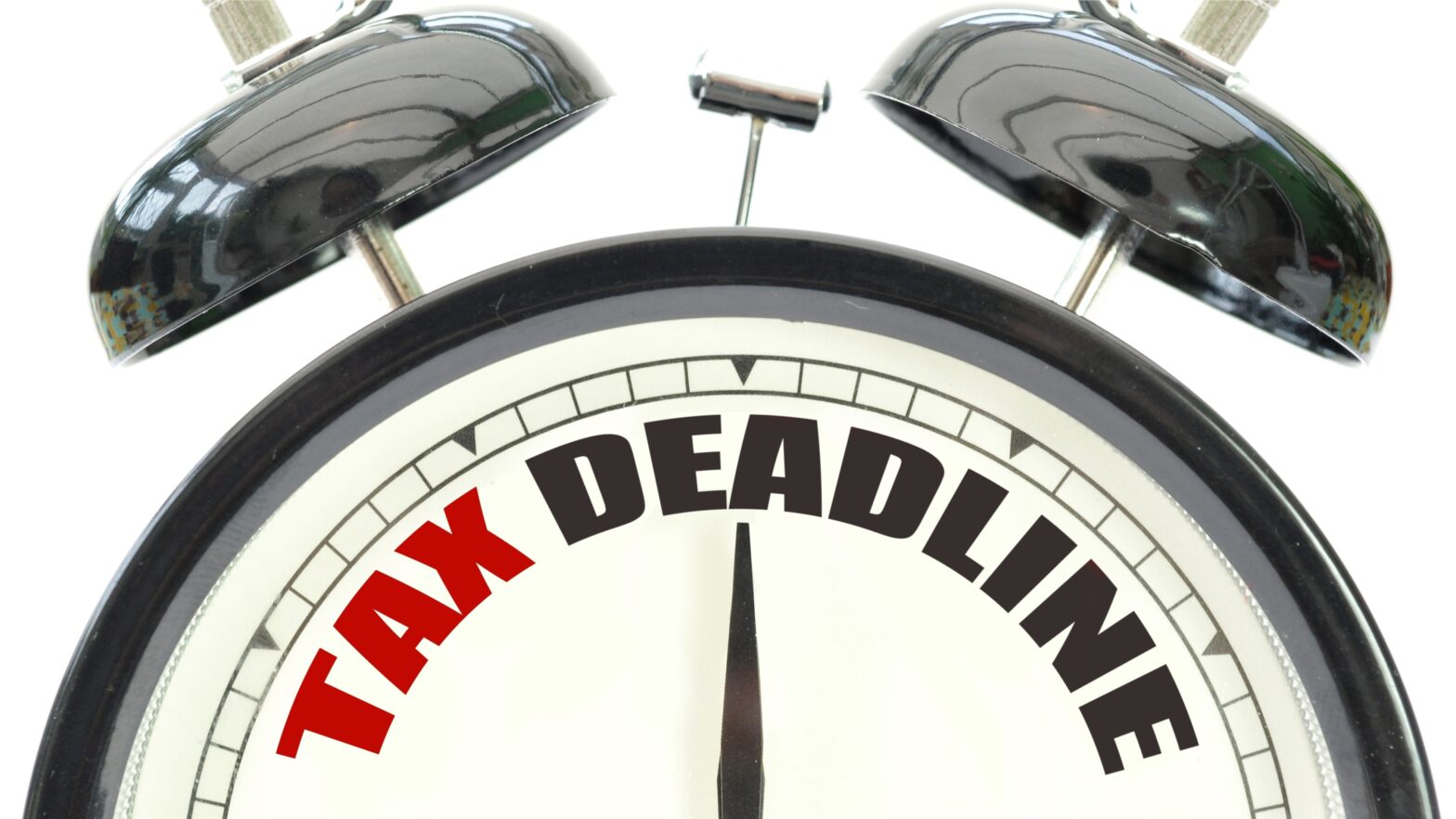HM Revenue and Customs (HMRC) is waiving late filing and late payment penalties for businesses that have missed the 31 January self-assessment tax deadline for one month.
This will give small business owners and the self-employed impacted by Covid-19 more time, if they need it, to complete their 2020-21 tax return and pay any tax due.
In a normal year, a failure to submit a tax return by the 31 January tax deadline would trigger a £100 fee, with further charges if the delay is three months or longer.
>See also: HMRC to go easy on small business strangled with Covid debt
HMRC has revealed that just 6.5 million taxpayers out of 12.2 million who need to submit their tax return by 31 January have done so to date.
The deadline to file and pay remains 31 January 2022.
The penalty waivers mean that:
- Anyone who cannot file their return by the 31 January deadline will not receive a late filing penalty if they file online by 28 February
- Anyone who cannot pay their self-assessment tax by the 31 January deadline will not receive a late payment penalty if they pay their tax in full, or set up a Time to Pay arrangement, by 1 April
Time to Pay allows any individual or business who needs it the option to spread their tax payments over time. Self-assessment taxpayers with up to £30,000 of tax debt can do this online once they have filed their return.
>See also: How much national insurance hike will cost your business
Any late-paid amounts will attract daily interest at 2.75 per cent and a 5 per cent surcharge if not paid by 1 April.
Angela MacDonald, HMRC’s deputy chief executive, said: “We know the pressures individuals and businesses are again facing this year, due to the impacts of Covid-19. Our decision to waive penalties for one month for self-assessment taxpayers will give them extra time to meet their obligations without worrying about receiving a penalty.”
The 2020 to 2021 tax return covers earnings and payments during the pandemic. Businesses will need to declare if they received any grants or payments from the Covid-19 support schemes up to 5 April 2021 on their Self Assessment, as these are taxable, including:
- Self-Employment Income Support Scheme
- Coronavirus Job Retention Scheme
- Other Covid-19 grants and support payments such as self-isolation payments, local authority grants and those for the Eat Out to Help Out scheme
Emily Coltman, chief accountant at accounting software firm FreeAgent, said: “Self assessment season is always a fairly stressful time for freelancers and small business owners, so the news that fines for late filing will be waived in January will be a relief for many people. For those who have been recently impacted by Omicron, in particular, it will certainly be positive to have a bit of breathing space to help get their Self Assessment returns completed.
“However, it’s important not to be complacent about this news. Just because the Government is choosing not to implement fines in January, this should not be taken as carte blanche to put off doing your tax return until February – as you will still face the same scramble to complete it at the last minute. Plus, although HMRC are also postponing the late payment penalty for tax till 1 April, they will still charge interest on any tax paid after 31 January.”
Kevin Sefton from sole trader tax app untied said: “The current Covid wave will be affecting not just those who need to file, but accountants and others supporting the 51 per cent of filers who use an adviser and HMRC themselves.”





